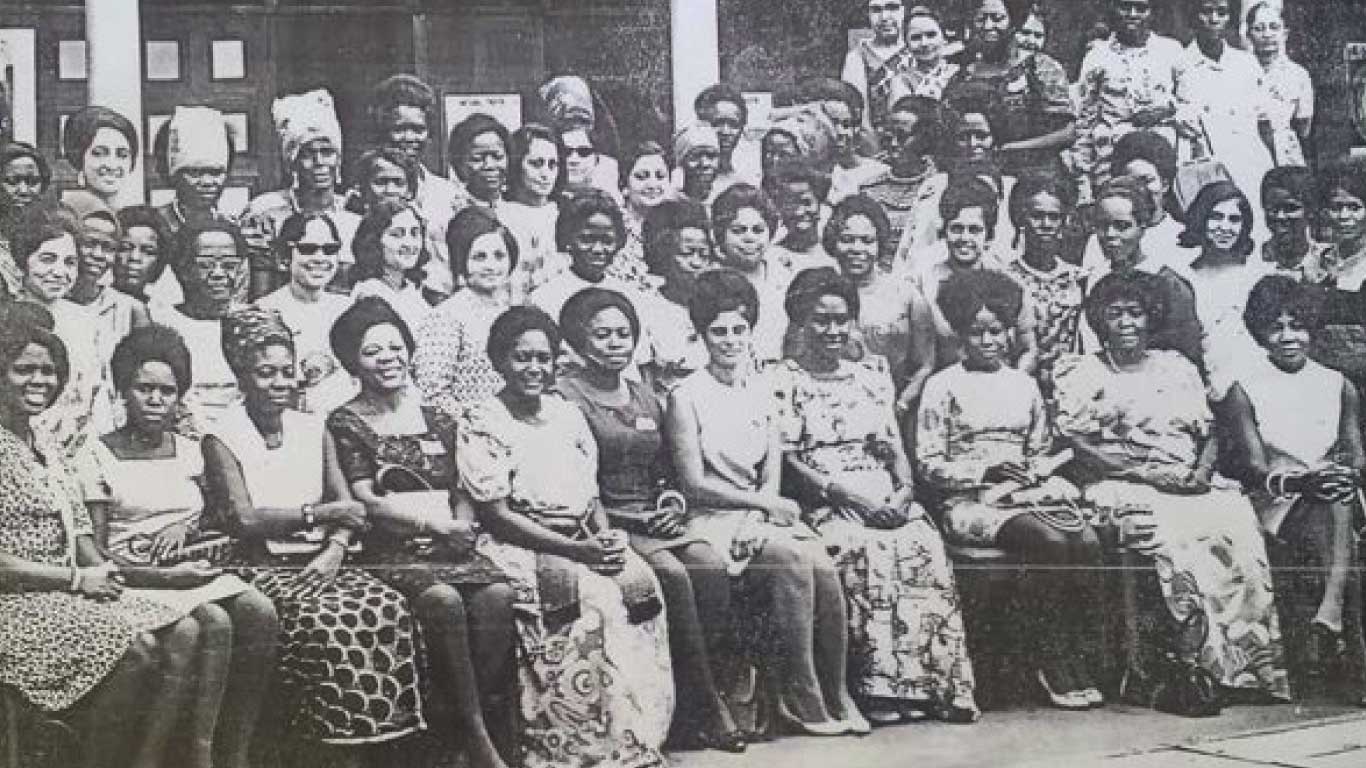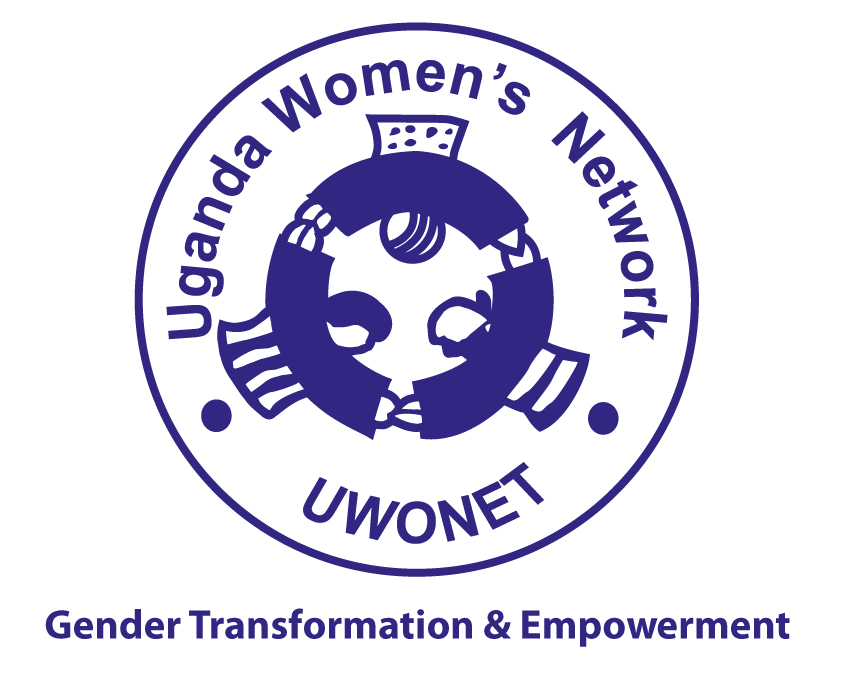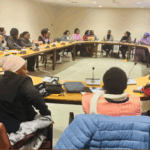
THE NETWORK; A Space for All Women
Inspiration for a Uganda Women’s Network As the women organised internationally for the Fourth United Nations World Conference on Women in Beijing, China, women from East Africa convened in Kampala from 5th to 8th July 1993, for the East African Women’s preparatory conference.
During the conference women from different organisations showcased their work and shared experiences, bringing to light the need for joint action, continued networking and information sharing among women’s organisations. The conference addressed 12 critical issues to be debated in the Beijing Conference, including poverty; education; health; violence; armed conflict; the economy; power and decision–making; mechanisms for women’s advancement; women’s human rights; mass media; the environment; and, the girl child. These interrelated areas were all of high priority, requiring immediate attention from all stakeholders in civil society, government and the donor community.
To a great extent the creation of UWONET was stirred by the global women’s movement whose vibrancy and strength many women in Uganda encountered for the first time at the End of Women’s Decade UN Conference on Women (1985). The result of that conference saw the formation and revitalization of national chapters of a number of organizations.
The Nairobi conference had demonstrated that the real energy, innovation and drive for gender transformation and change came not from the official deliberations of governments, but from the women’s movement. In Nairobi, women had forced the UN open up space for civil society/non–governmental organizations to engage with the issues concerning women. Parallel sessions to those of governments and would enable them to make inputs into official deliberations.
This opening up of space at the global in official UN processes inspired Ugandan women because it became possible for us to mobilize and organize as autonomous women’s civil society organizations, and to engage and hold government accountable for the declarations and commitments made at the global level. UWONET’s identity as a gender activist and policy advocacy network was largely informed by this context and the opportunities it presented.





